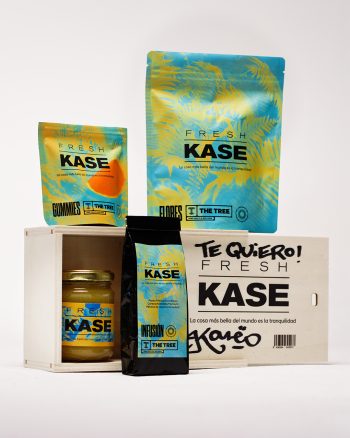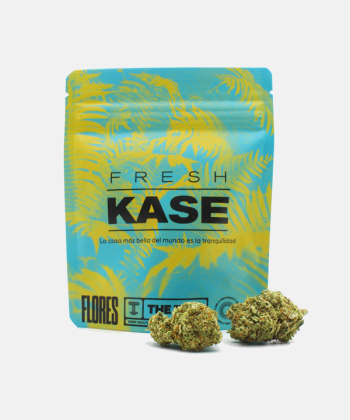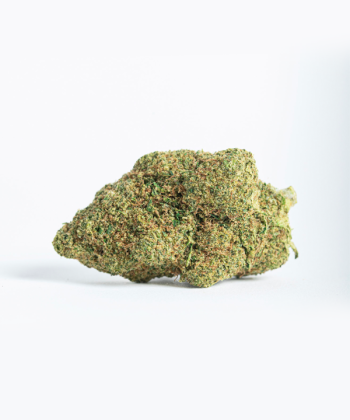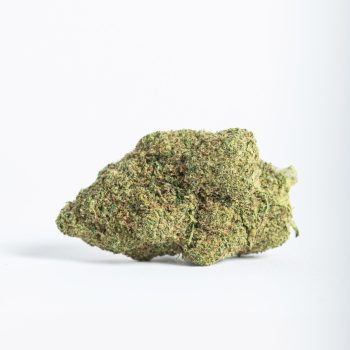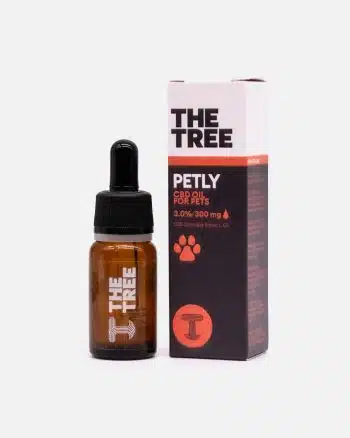Hexahydrocannabiphorol (HHC-P) is a naturally occurring or synthetic cannabinoid that is becoming increasingly popular among cannabis users. It is produced from hexahydrocannabinol (HHC), which is another cannabinoid derived from hemp.
HHC-P is an analogue of THC, the most abundant psychotropic cannabinoid in marijuana. In other words, they are very similar in chemical structure, but slightly different.
HHC-P is still under research, but it could have similar effects to THC, such as euphoria, relaxation and increased appetite¹. However, as a recently discovered cannabinoid, there is little research on it.
In this article, we will explore the possible similarities and differences between HHC-P and HHC, as they are two of the most popular cannabinoids today.
But what is HHC-P?
HHC-P or hexahydrocannabiphorol is a cannabinoid that, in its natural state, is found in cannabis in very low concentrations. Like HHC, it is classified as a minor cannabinoid, given its low presence in the plant, as is the case with some other cannabinoids such as CBN or CBG.
However, although it is not produced by the cannabis plant in large quantities, as is the case with CBD and THC, HHC-P can be synthesised from HHC. HHC-P, in turn, is also not found in high quantities in cannabis plants, so it is also often obtained by chemical synthesis from THC.
HHC or hexahydrocannabinol, a compound that some European countries are beginning to ban because of its psychotropic properties², is obtained from the hemp plant through chemical transformation processes of cannabinoid-rich extracts.
Broadly speaking, the way to produce HHC boils down to adding hydrogen to cannabis extracts containing THC, causing the carbon bonds of the cannabinoids to break. This results in a hydrogenated cannabis extract rich in hexahydrocannabinol.
How does HHC-P differ from HHC?
Although HHC and HHC-P are quite similar compounds, they also have some differences. The main differences are as follows:
- Chemical structure: Although their chemical structures are quite similar, they differ slightly.
- Potency: Although there is little research on HHC-P, it is said that, in general and hypothetically, it would have a more potent effect than HHC.
- Safety: HHC-P is a relatively new cannabinoid, and research into its effects is still ongoing. Indeed, no human research has been conducted on this cannabinoid, so it cannot be considered safe.
Is HHC-P legal in our country?
As is often the case with many cannabis products, HHC-P is not specifically mentioned in any law, at least in our country. Therefore, it is not specifically prohibited either.
However, the European Monitoring Centre for Drugs and Drug Addiction has identified it as a potential public health risk in its report ‘Hexahydrocannabinol (HHC) and related substances’³.
Given the aforementioned report and the lack of scientific research supporting the safety of these cannabinoids, some EU countries have decided to ban HHC and its derivatives, and it is quite possible that Spain will follow suit.
Finally, we remind you again that HHC-P products are not intended to diagnose, treat or cure any disease. It is always advisable to consult a doctor on a case-by-case basis, as well as to follow the recommendations of your medical specialist.
References
- Ujváry, I. (2023). Hexahydrocannabinol and closely related semi-synthetic cannabinoids: A comprehensive review. Drug Testing and Analysis.
- N.D. (2023, 12 June). France bans the cannabioid HHC for its addictive potential and puts it on the list of narcotic drugs. La Voz de Galicia.
- Hexahydrocannabinol (HHC) and related substances | www.emcdda.europa.eu. (2023, 3 October).







